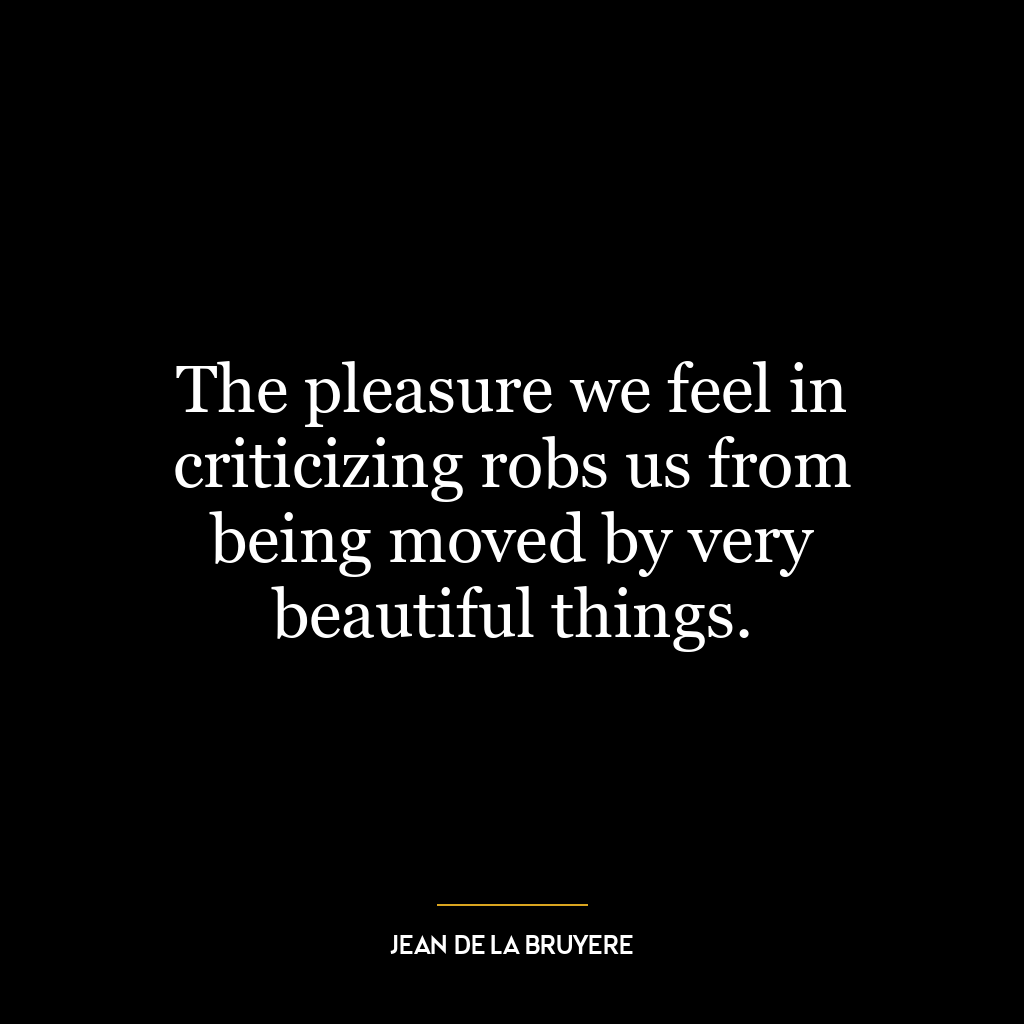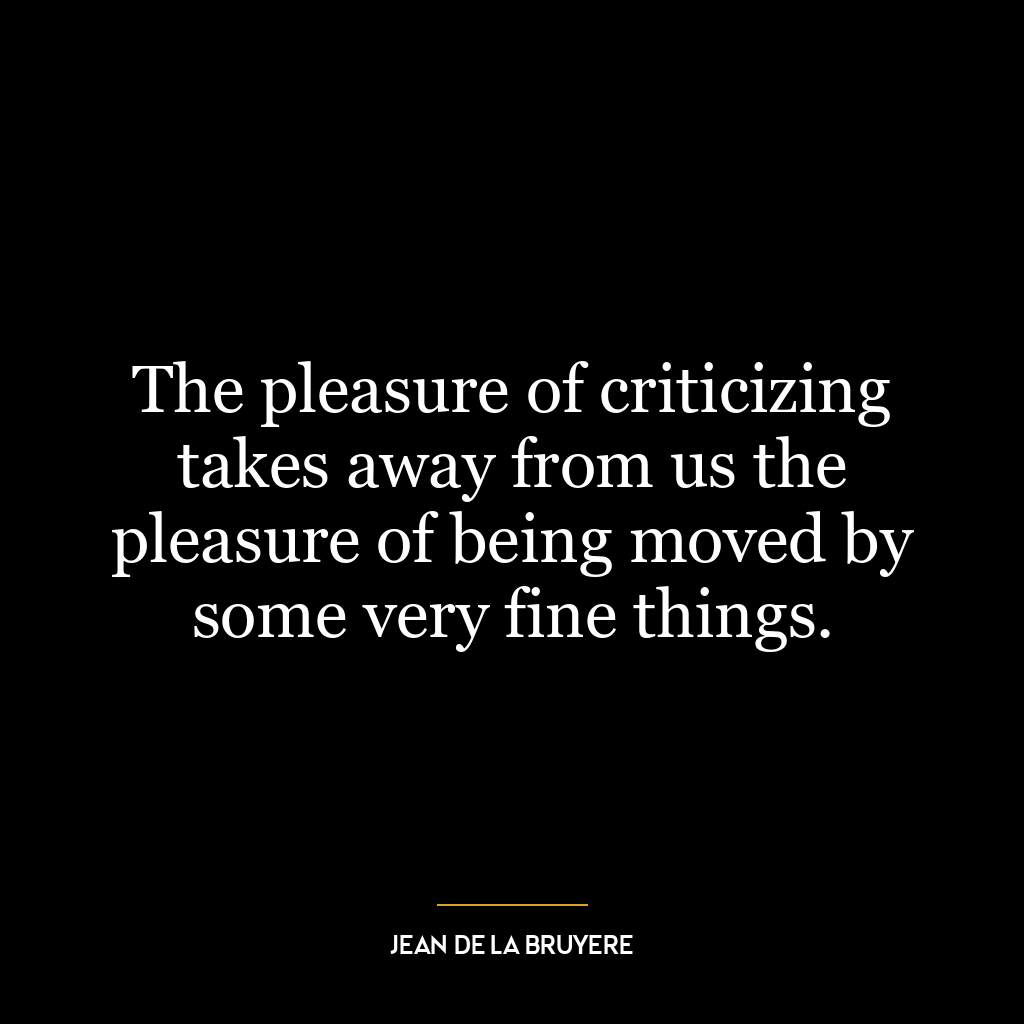This quote illustrates the idea that contempt for others, much like masturbation, is something best kept private. Contempt refers to a feeling of disdain or lack of respect for someone or something. The comparison here suggests that while these feelings might be natural and even somewhat enjoyable to indulge in privately, they are not necessarily appropriate or beneficial to express openly.
The quote implies a level of self-awareness and self-restraint. Just as one would typically refrain from engaging in certain physical acts in public due to societal norms and decorum, so too should one exercise discretion when it comes to expressing negative attitudes towards others. This isn’t about suppressing genuine feelings but rather about managing how we express them.
Applying this concept today could mean fostering an environment where people feel more comfortable sharing their positive perceptions rather than focusing on the negative ones. It also encourages individuals to reflect inwardly on their own biases and prejudices, understanding them as personal issues rather than projecting them onto others.
In terms of personal development, this idea promotes emotional intelligence by encouraging individuals not only to recognize their feelings but also manage how they are expressed appropriately. It’s about cultivating a sense of empathy and respect for others despite any personal contempt one might feel.
Moreover, it suggests that indulging in contempt can be harmful if done excessively or openly – much like physical pleasure can become problematic if it becomes an obsession or is displayed publicly without regard for others’ comfort. Thus, maintaining balance between inner thoughts and outward expressions contributes positively towards individual growth as well as social harmony.













